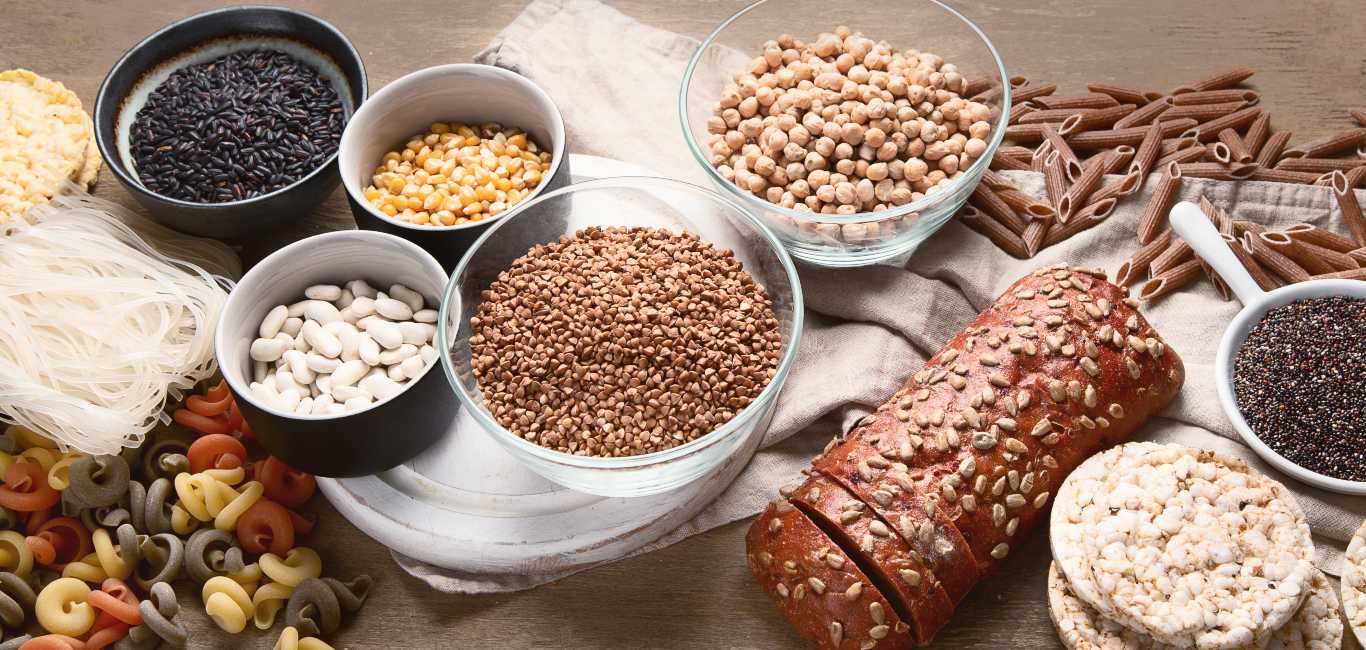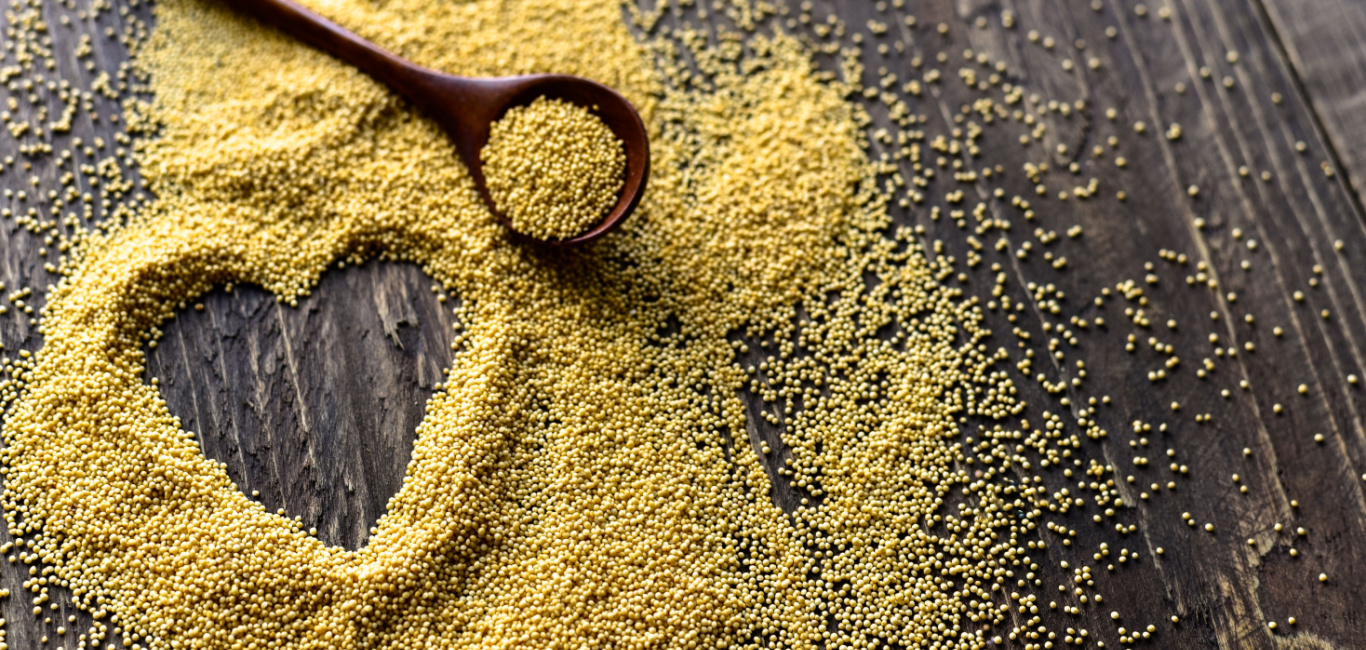
The health halo around gluten-free products has induced several people to make this change in their diet. While the gene for gluten sensitivity is present in only a handful of people, it is often negatively associated with weight gain, diabetes, poor cognition and compromised skin.
Gluten is a protein that is found in a wide variety of foods, but mainly in wheat, rye, pasta and several processed foods. This protein acts like a binding agent and is therefore added to enhance the texture of several packaged foods.
“This protein is largely present in wheat and wheat products where it imparts elasticity and softness to the dough prepared from wheat,” says Anushree Sharma, a dietitian from Bhopal, Madhya Pradesh.
Our body uses certain enzymes to break down gluten but does not metabolise all of it completely. The remaining undigested material is passed down in the smaller intestine. It acts as a prebiotic there and helps the gut microbiota flourish.
Sharma says, “If consumed in the ideal amount and under the supervision of a registered dietitian, gluten will not pose any negative effect on the individual’s health.”
For most people, it does not pose any threat. However, people with gluten intolerance or celiac disease can end up having serious consequences when they eat food with even traces of gluten.
Read more about allergies here
Why the gut overreacts
In people with celiac disease, the body perceives gluten as a foreign agent and starts generating antibodies in defence. While these antibodies fight the gluten as a toxin, they also damage the inner lining of the small intestine.
Early symptoms of celiac disease are diarrhoea, bloating, abdominal pain, rashes and fatigue. While they subside on cutting gluten from food, continuing to take it, even in trace amounts, may trigger the reaction.
Sharma says, “Gluten intolerance is hereditary and can be transmitted from parents to their kids.”
However, people without celiac disease may also show symptoms of mild intolerance. People who show such symptoms with a non-celiac gluten allergy or wheat allergy can also benefit from a gluten-free diet.
Divya Naik, a clinical dietitian from Bengaluru, Karnataka, says, “Celiac disease aside, gluten must also be avoided in cases of IBS (irritable bowel syndrome), ulcerative colitis and other gastric conditions.”
She explains that gut-related conditions like peptic ulcer, gastritis, diarrhoea, bloating and hyperacidity may be triggered by gluten consumption in some people. Since this protein is difficult to digest, it may cause inflammation in the intestine and therefore cause irritation.
Read more about gut reactions to gluten here
Why gluten-free food leads to weight loss
The general belief that gluten consumption over time can lead to insulin resistance and diabetes has led many to give this protein up. Another concept doing the rounds is that a gluten-free diet can help you lose weight.
While there is very little research that says such a diet has helped prevent diabetes, Naik says that it depends on the totality of our lifestyle to avoid any chronic condition. “If one’s diet is composed of mostly simple or refined carbs with less of fibre, protein, and healthy fats alongside a sedentary lifestyle, they are more prone to diabetes,” she adds.
However, different people have different tolerance levels. Sharma says, “One cannot generalise that a gluten-free diet is beneficial to everyone. It is important to consult a registered dietitian before adopting any dietary practice.”
Improved digestive health, good skin and dropping a few kilos are often effects linked with a gluten-free diet. In reality, the upside of following this diet is that you would have stopped eating all processed foods that contain gluten even as an additive. Cutting junk, rather than going gluten-free, is what makes the difference.
Read more about healthy weight loss here
The other side of the coin
A strictly gluten-free diet means excluding all products made from wheat, barley, rye, triticale (a cross between wheat and rye) and some varieties of oats. Sharma is of the view that although a gluten-free diet may benefit some, one must get their gut microbiome or allergy tests done before stopping them completely.
In one of its articles, Harvard T. Chan School of Public Health says that restricting gluten intake affects fibre, iron and calcium intake. It further states that relying on processed gluten-free foods has shown an increased risk of obesity due to their high sugar content.
Filling the nutrition gap
A gluten-free diet may have several nutrients missing such as magnesium, iron, fibre and calcium. “People who follow a gluten-free diet for a prolonged period have a risk of vitamin B deficiency,” adds Sharma.
When on a strictly gluten-free diet one must ensure all the missing nutrients from alternative sources, preferably whole foods such as fruits, vegetables, eggs, legumes, nuts and seeds. Cereals like quinoa, millet, rice, corn and flax among others are also good sources of fibre free of this protein.

















